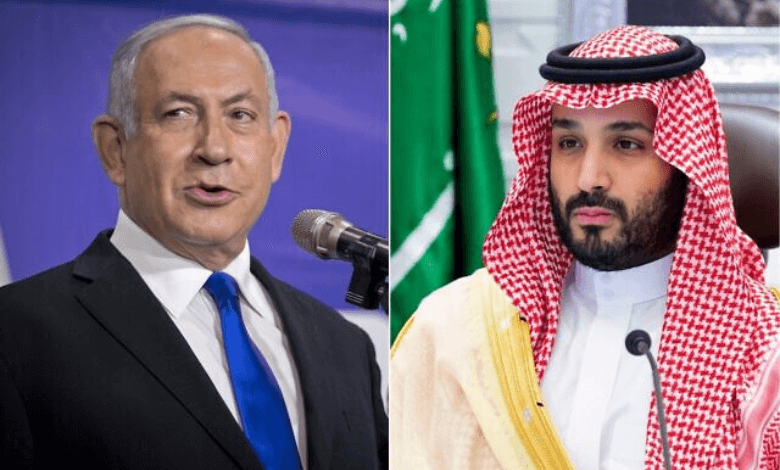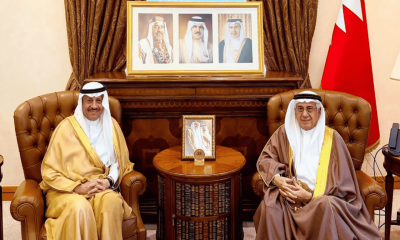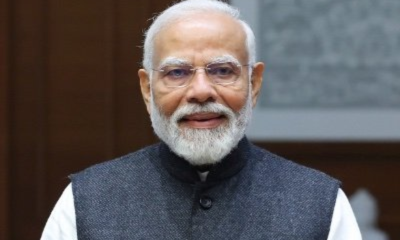In the dimly lit corridors of geopolitical maneuvering, two unlikely partners, Israel and Saudi Arabia, choreograph an enigmatic ballet. Beneath the world’s gaze, a clandestine accord, mediated by the United States, is painstakingly etched—a game-changer in the heart of the Middle East.
President Joe Biden, the architect of this covert spectacle, sees it as the cornerstone of his Middle East legacy—a political gamble with stakes as high as the region’s soaring temperatures. The grand prize? Securing Saudi Arabia’s nod of approval toward Israel. In a region steeped in history and discord, this audacious step could shift tectonic plates, given Saudi Arabia’s custodianship of Islam’s holiest sites.
The Viewpoint of the Public
John Kirby, the maestro behind the National Security Council’s cryptic briefings, acknowledges the complexity of this clandestine waltz. “In the orchestration of any complex symphony,” he opines mysteriously, “each participant must contribute, and all must harmonize through compromise.”
Shielded from the public eye, this diplomatic tango emerges on the heels of Israel’s diplomatic triumphs in 2020. The United Arab Emirates, Bahrain, and Morocco joined the diplomatic soirée, building upon Israel’s earlier engagements with Egypt and Jordan.
Prime Minister Benjamin Netanyahu, speaking before the United Nations General Assembly, tantalizingly suggests an impending epoch—a peace pact that could quell the tempestuous Arab-Israeli strife. His vision extends further—to a domino effect of diplomatic normalization, a resurgence of peace prospects with the Palestinians, and an unprecedented reconciliation between Judaism and Islam.
Yet, a formidable shadow looms over this covert rendezvous—the Palestinian predicament. The Biden administration, the diplomat-in-chief, prods Israel toward concessions, an overture encumbered by Netanyahu’s precarious political alliances
Palestinian Authority Notes
Intriguingly, the Palestinian Authority pens a list of demands, adding another layer to this diplomatic conundrum. Astonishingly, Saudi Arabia rewrites its script, shelving the 2002 Arab Peace Initiative’s provisions for a Palestinian state.
Crown Prince Mohammed Bin Salman, the elusive custodian of Saudi policy, drops cryptic hints of optimism, underscoring the unwavering relevance of the Palestinian question while hinting at an imminent historic juncture.
ALSO READ: UAE Mulls Visa-Free Travel For GCC Residents To Simplify Tourism
Saudi Arabia, the meticulous navigator, sets its own course. In exchange for embracing Israel, it seeks an intricate quid pro quo—comprehensive security guarantees and a potential dance with destiny, a defense treaty with the United States. As the curtains fall on this intricate geopolitical performance, the Middle East awaits a transformation—a future painted in shades of secrecy, where diplomacy dances in the shadows.






















